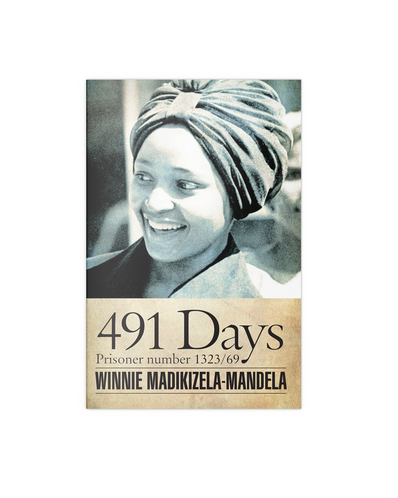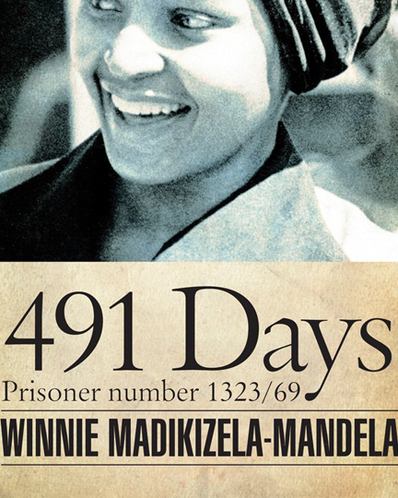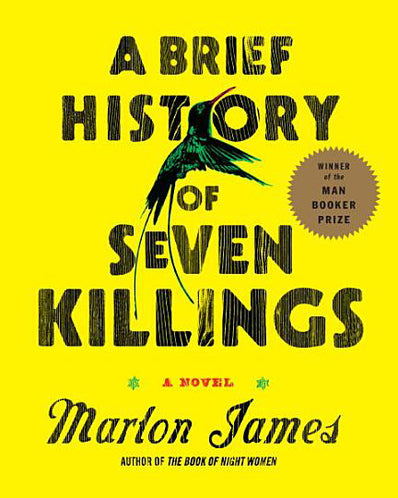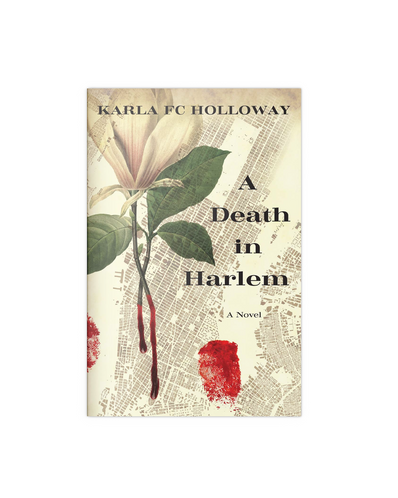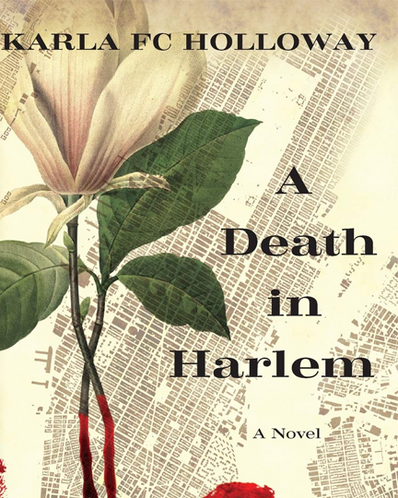"In a direct line of descent from both Richard Wright's "Native Son" and Zora Neale Hurston's "Their Eyes Were Watching God," C. Eric Lincoln's "The Avenue, Clayton City" is one of the best written and most gripping accounts of the African American experience that I have encountered in years."--Henry Louis Gates Jr.
The Avenue in C. Eric Lincoln's fictional town is the principal residential street of the black community in Clayton City, a prototypical southern town languishing between the two world wars. Unpaved and marked by ditches full of frogs, snakes, and empty whiskey bottles on one side of town, it is the same street, though with a different name, that originates downtown. Only when it reaches the black section of Clayton City do the paving stop and the trash-filled ditches begin. On one side, it provides a significant address for the white people who live there. On the other, despite its rundown air, it is still the best address available to the town's black population.
In this novel, originally published in 1988, Lincoln creates with deft skill the drama that rises from the lives of the people of Clayton City. In turn amusing, enraging, wistful, and, as one hears the secrets hidden deep in their hearts, shocking, they exist in a place whose vibrant personality is itself a unique configuration of geography, relationships, patterns of behavior, and events.




